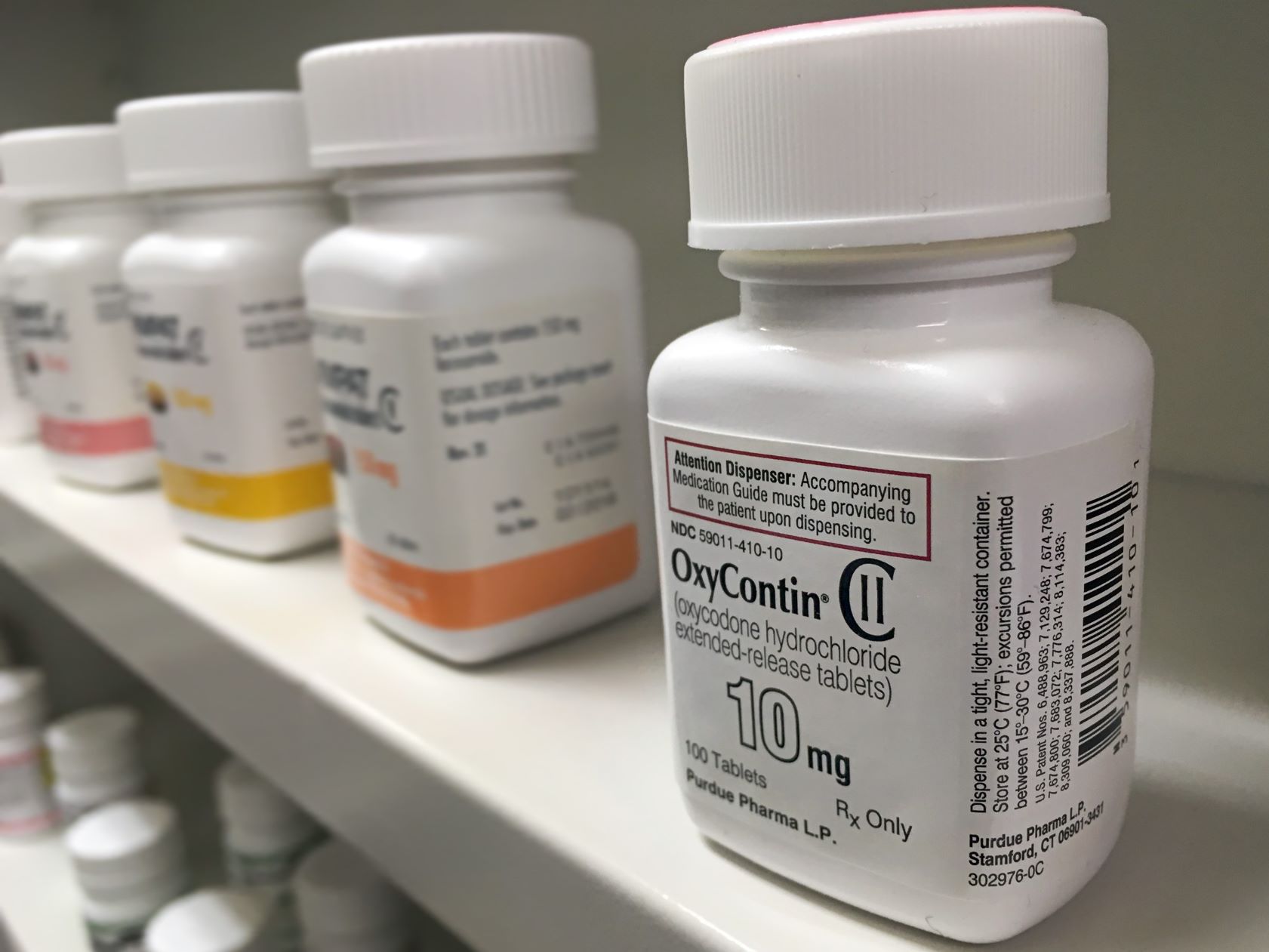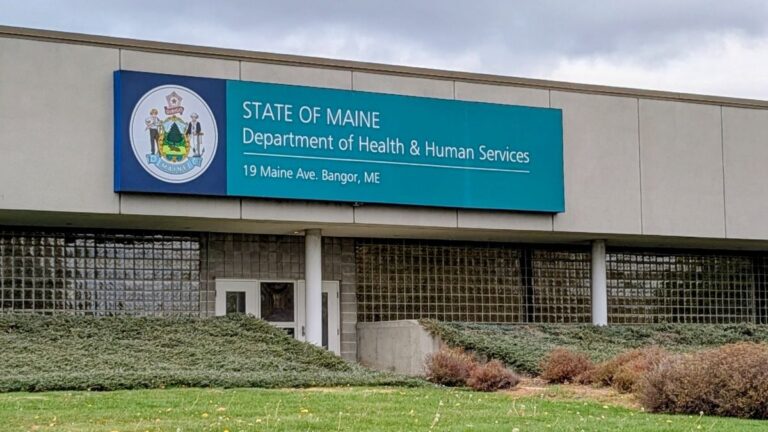In a brightly lit conference room on the first floor of the Department of Health and Human Services in Augusta on Thursday, the Maine Recovery Council met for the eighth time in as many months and, perhaps for the first time, discussed how it should spend nearly $118 million in settlement funds from companies accused of fueling the opioid epidemic.
The 15-member council is charged with overseeing distribution of half of Maine’s $235 million share in settlement funds. With bankruptcy proceedings pending for two drug manufacturers — Purdue Pharma and Endo International – there may be even more money on the way.
The council already has $17 million in payments but has yet to spend any of it. Instead it has spent 8 1/2 months working through administrative and bureaucratic details, such as establishing bylaws and creating subcommittees. Some of that work is ongoing. Early allotments from the half of the settlements that isn’t controlled by the recovery council have begun to be distributed.
Meanwhile, an average of 12 Mainers weekly died of a drug overdose in the first six months of this year, according to the June monthly overdose report. More than 4,700 nonfatal overdoses were reported in the same period.
At Thursday’s meeting, some members expressed frustration at the slow pace of their work. Gordon Smith, Gov. Janet Mills’ director of opioid response, put it bluntly: “I don’t think any of us want to be here in November on the first anniversary date of receiving this money and say that we haven’t spent any of it.
“Pretty soon people are going to look at Maine and say they’re falling behind.”
Council chair Pat Kimball said Friday that “although I think you could sense some frustration, I think it was a meeting that needed to take place in regards to people really, really (starting) to ask those questions, and where are we and how do we do this.”
Asked why administrative items, like a conflict of interest policy — which is still not finalized — weren’t completed sooner, Kimball said “it’s growing pains.”
The council wants to get the money out there, she said, but also needs to do it responsibly.
“We know it’s not going to be perfect.”
Courtney Gary-Allen, the organizing director for the Maine Recovery Advocacy Project, said Friday she feels the urgency for the council to ramp up its work.
“I think that as a person who spends a lot of time on the front lines of the addiction crisis, and watching my friends and family die, often I am frustrated with the amount of time that it takes us to get money out the door and choose the people that need most.”
At the same time, “I think that the decisions of this first council are going to be some of the most impactful decisions for the next 18 years,” she said.
Likewise, Chastity Tuell said Friday she believes “everybody wants to get the money out to where it needs to go as quick as possible. But we also want to do it right.”
As frustrating as it might be, “I feel really confident that we’re covering all of our bases to do it right,” she said.
Gary-Allen, Tuell and others said Thursday that the council was still missing critical input from the public and other stakeholders.
“I just don’t feel like I can make those decisions without also not just hearing from the state about what they say we need, but also hearing from communities and making sure that we have a public process for applications,” Gary-Allen said.
The council has not had a public listening session, said Liz Blackwell-Moore, the public health director for Cumberland County.
Blackwell-Moore volunteered to take the lead on writing and distributing a public survey. Kimball said she hopes it will go out next month so the council can discuss the results at its October meeting.
That will “help us decide on priorities,” she said.
In the meantime, the finance committee is working on an annual budget, she said, and the programs and grants committee should meet for the first time soon.
Kimball said she remains hopeful that the council can award its first tranche of money by the end of the year.







